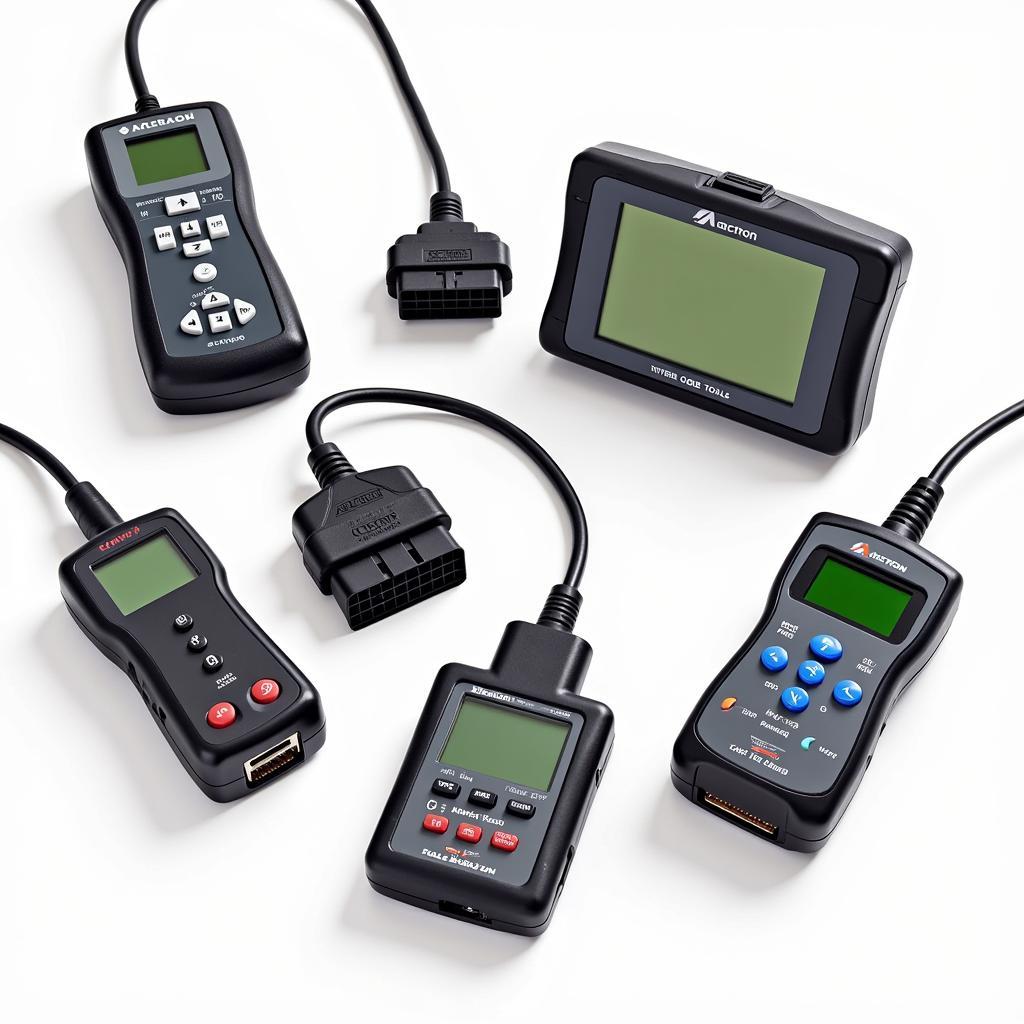Nội dung bài viết
Advanced IP Scanner is a powerful tool for quickly discovering devices on a network. In the automotive world, this can be invaluable for diagnosing communication issues between various electronic control units (ECUs), or for identifying potential security vulnerabilities. This guide will provide you with practical insights into using Advanced IP Scanner effectively for automotive applications.
As automotive systems become increasingly complex and interconnected, diagnostic tools that provide visibility into network communication are essential. Think of Advanced IP Scanner as your network detective, uncovering hidden devices and potential communication bottlenecks. This article will delve into how to leverage this powerful tool for your specific automotive needs. Whether you’re a seasoned technician or a car owner looking to troubleshoot network problems, this guide is for you. Check out how to install and use Angry IP Scanner on Ubuntu: cara install angry ip scanner di ubuntu.
How to Use Advanced IP Scanner for Automotive Diagnostics
Using Advanced IP Scanner for automotive diagnostics is straightforward. You first need to connect your computer to the vehicle’s network. This is typically done through an OBD-II to Ethernet adapter. Once connected, launch Advanced IP Scanner and specify the IP address range to scan. The software will then quickly identify all devices on the network, providing key information such as IP address, MAC address, and manufacturer name.
Identifying Network Communication Issues
Once you have a list of devices, you can use Advanced IP Scanner to pinpoint network communication issues. For example, if a specific ECU isn’t responding, you can check its IP address and MAC address to verify that it’s connected to the network. You can also use the software’s built-in port scanner to check if specific ports are open or closed, helping identify firewall or configuration problems. Having trouble with IP scanning tools on Ubuntu? See our guide: ip scan tool ubuntu.
Enhancing Vehicle Security
Advanced IP Scanner can also be used to identify potential security vulnerabilities in your vehicle’s network. By scanning for open ports and unknown devices, you can detect unauthorized access points that could be exploited by hackers. Regularly scanning your vehicle’s network can help you stay one step ahead of potential threats. Need to download scan tools for Linux? Visit our resource: scan tool linux download.
Advanced IP Scanner vs. Other Diagnostic Tools
While dedicated automotive diagnostic tools offer in-depth analysis of specific ECUs, Advanced IP Scanner provides a broader overview of the network. This makes it ideal for troubleshooting communication issues and identifying security risks. It’s a valuable addition to any automotive technician’s toolkit. Learn how to use Angry IP Scanner on Ubuntu: cara menggunakan angry ip scanner di ubuntu.
“Advanced IP Scanner gives me a quick and easy way to see what’s happening on the vehicle’s network,” says John Smith, Senior Automotive Technician at AutoTech Solutions. “It’s incredibly useful for diagnosing communication problems.”
Conclusion: Leverage Advanced IP Scanner for Automotive Excellence
Advanced IP Scanner is a powerful tool that can be used to diagnose and troubleshoot network problems in modern vehicles. Its ability to quickly identify devices and scan ports makes it an invaluable asset for automotive technicians and enthusiasts alike. By understanding how to use Cara Menggunakan Advance Ip Scanner effectively, you can improve your diagnostic capabilities and enhance vehicle security.
Contact ScanToolUS at +1 (641) 206-8880 or visit our office at 1615 S Laramie Ave, Cicero, IL 60804, USA, for expert assistance with your automotive diagnostic needs.
“I recommend Advanced IP Scanner to all my colleagues,” adds Maria Garcia, Lead Diagnostics Engineer at Green Auto Solutions. “It’s a must-have tool for any modern automotive workshop.” Looking for a robust TCP scan tool? Check out this resource: tcp scan tool.

